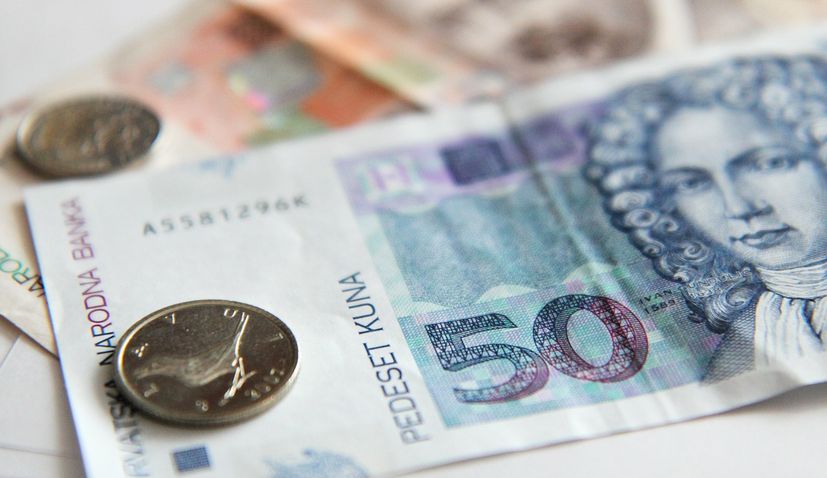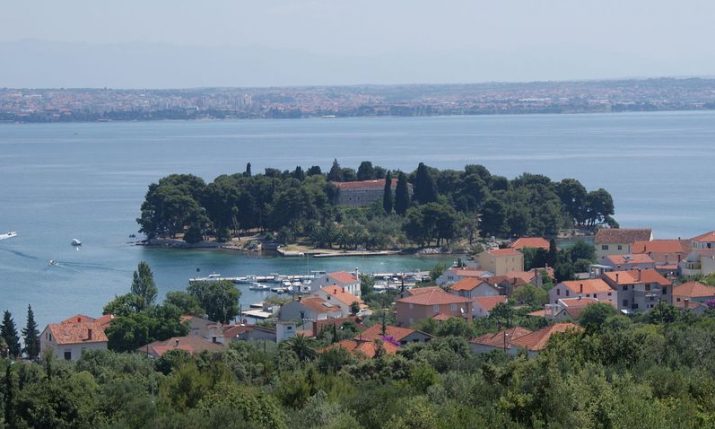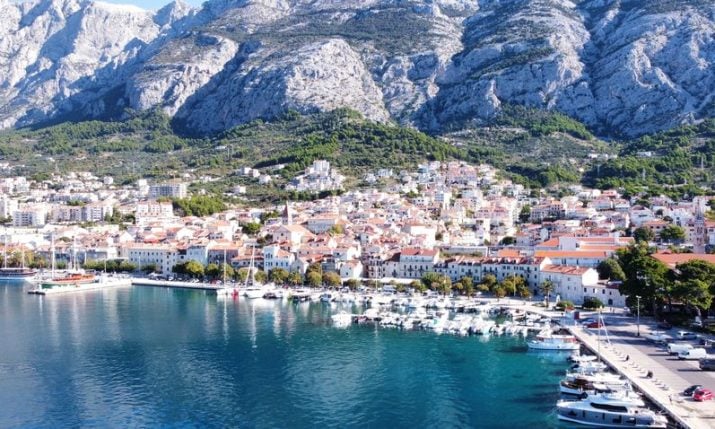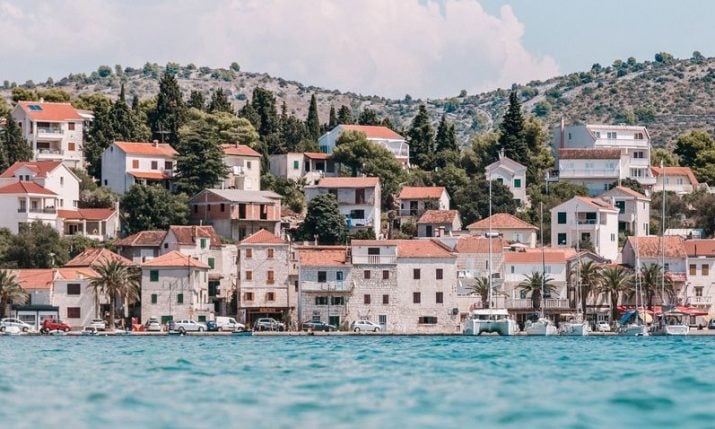Fitch revises outlook on Croatia to stable, affirms at ‘BBB
- by croatiaweek
- in Business

ZAGREB, April 2 (Hina) – The Fitch credit ratings agency on Wednesday revised its Outlook on Croatia’s Long-Term Foreign-Currency Issuer Default Rating (IDR) to Stable from Positive and affirmed the IDR at ‘BBB-‘.
Fitch forecasts the Croatian economy will contract by 5.5% in 2020, from growth of 2.9% in 2019, due to the impact of the COVID-19 pandemic. The economic activity is expected to rebound in 2021.
The credit ratings agency says that “Croatia is highly dependent on tourism and tourism-related activities, with these sectors accounting for an estimated 25% of GDP and a similar share of total employment.”
Fitch assumes an aggregate fall in tourism of close to 50% for the whole of 2020, reflecting widespread domestic and international travel restrictions, and weak economic conditions in the key tourist markets of Germany, Italy, Austria and Slovenia (which account for 45% of total tourist arrivals).
Economy expected to recover in 2021
Fitch expects the Croatian economy to recover in 2021, “expanding by close to 3% on the back of service sector growth and a pick-up in exports as global demand resumes.”
This baseline rests on the assumption that tourism recovers quickly and that macro-fiscal stability is maintained.
Fitch expects the unemployment rate to jump to 9% in 2020 but then rise only slowly to 9.5% in 2021 and ease in 2022.
This would be significantly below the 17.4% rate reached in 2013, the peak during six years of economic contraction. We maintain our medium-term growth forecast of 2.2%, reflecting adverse demographics and slow progress implementing structural reform (which hinders economic diversification), says the agency.
Fitch expects GDP per capita to fall sharply in 2020 before rising modestly in 2021, to USD14.700 at market exchange rates. This would be the same level as in 2019 and only 90% of the level of our previous forecast. Nonetheless, it will remain 30% above the `BBB´ median, supporting the rating.
Croatia’s entry into the Exchange Rate Mechanism to be delayed
The COVID-19 shock risks delaying Croatia’s entry into the Exchange Rate Mechanism (ERM II) and the Banking Union, ultimately postponing euro-adoption beyond 2024.
The agency commends the authorities for “making substantive efforts to complete all agreed commitments by the original deadline of end-June 2020, while the ECB was preparing to finalise an asset-quality review of five banks by end 2Q.”
“However, even if the process carries on as planned, it is unclear whether European institutions will agree to move forward given other priorities, or whether Croatia will fulfil the euro-convergence criteria required under ERM II given the outlook and risks to growth and public finances.
If concerns about risks ease and the process resumes, this would be supportive for the rating, as underlined by our view that all things being equal, we would upgrade Croatia Long-Term Foreign-Currency IDR by two notches between admission to the ERM II to joining the euro, says Fitch.
Financial sector in better position to weather crisis than in 2008-09
Fitch believes the financial sector is in a better position to weather a crisis than in 2008-09, supported by a liquid, profitable and highly capitalised banking sector that is less reliant on cross-border lending. The capital adequacy ratio was 23.2% at end-2019 versus 15.1% at end-2008, while liquid assets to total assets were close to 35% at end-Q319.
The National Bank of Croatia (HNB) has taken a number of steps to support the currency regime, maintain liquidity in the financial system, and provide some relief to the corporate sector, says the FItch.
“The HNB has abundant foreign reserves (USD21 billion in January; 35% of 2019 GDP) and a long-track record of maintaining exchange-rate stability to help the economy withstand shocks. Moreover, inflation is low (1.5% in February) and will remain very low this and next year (averaging 0.7%),” it says among other things.









